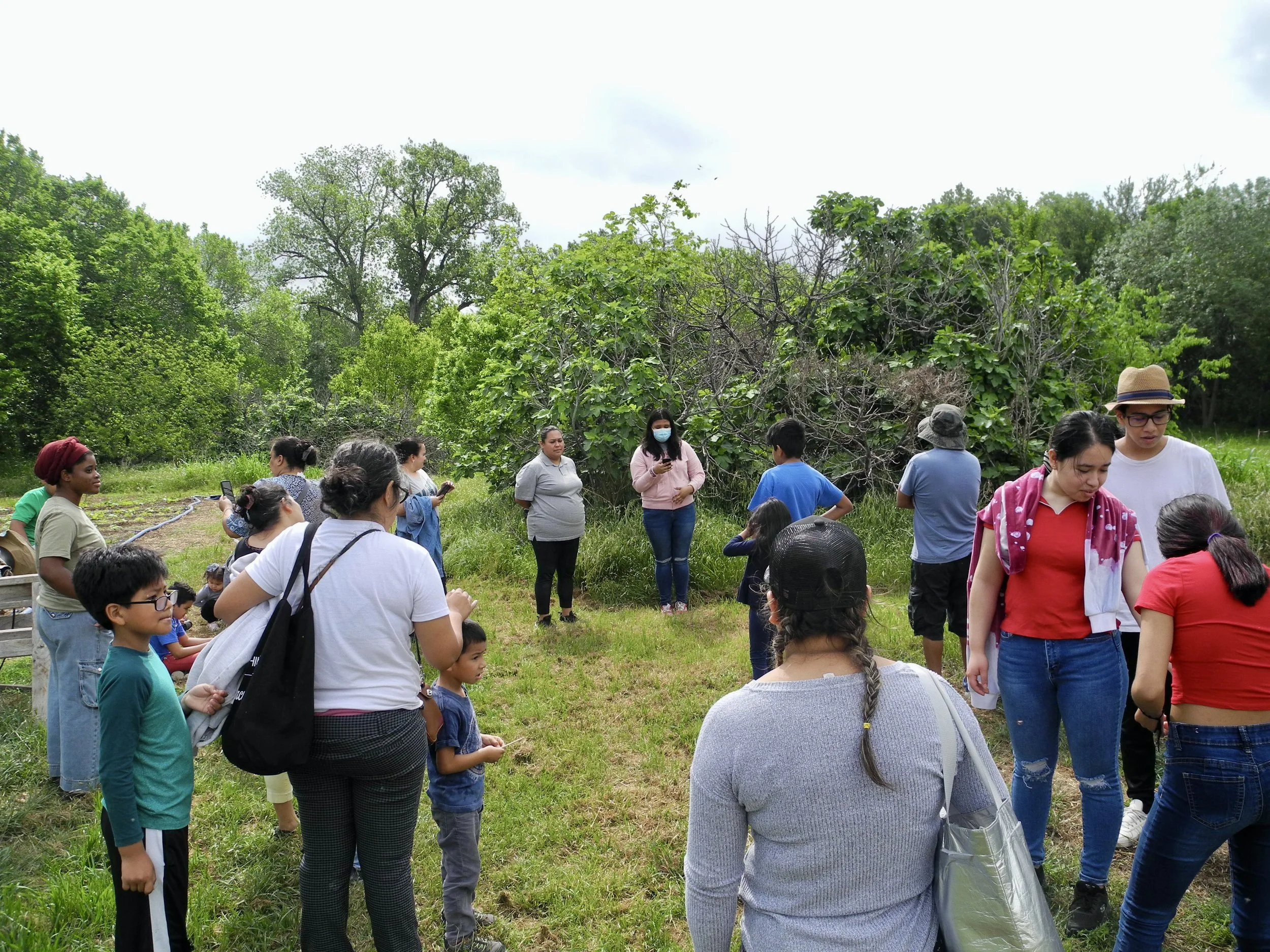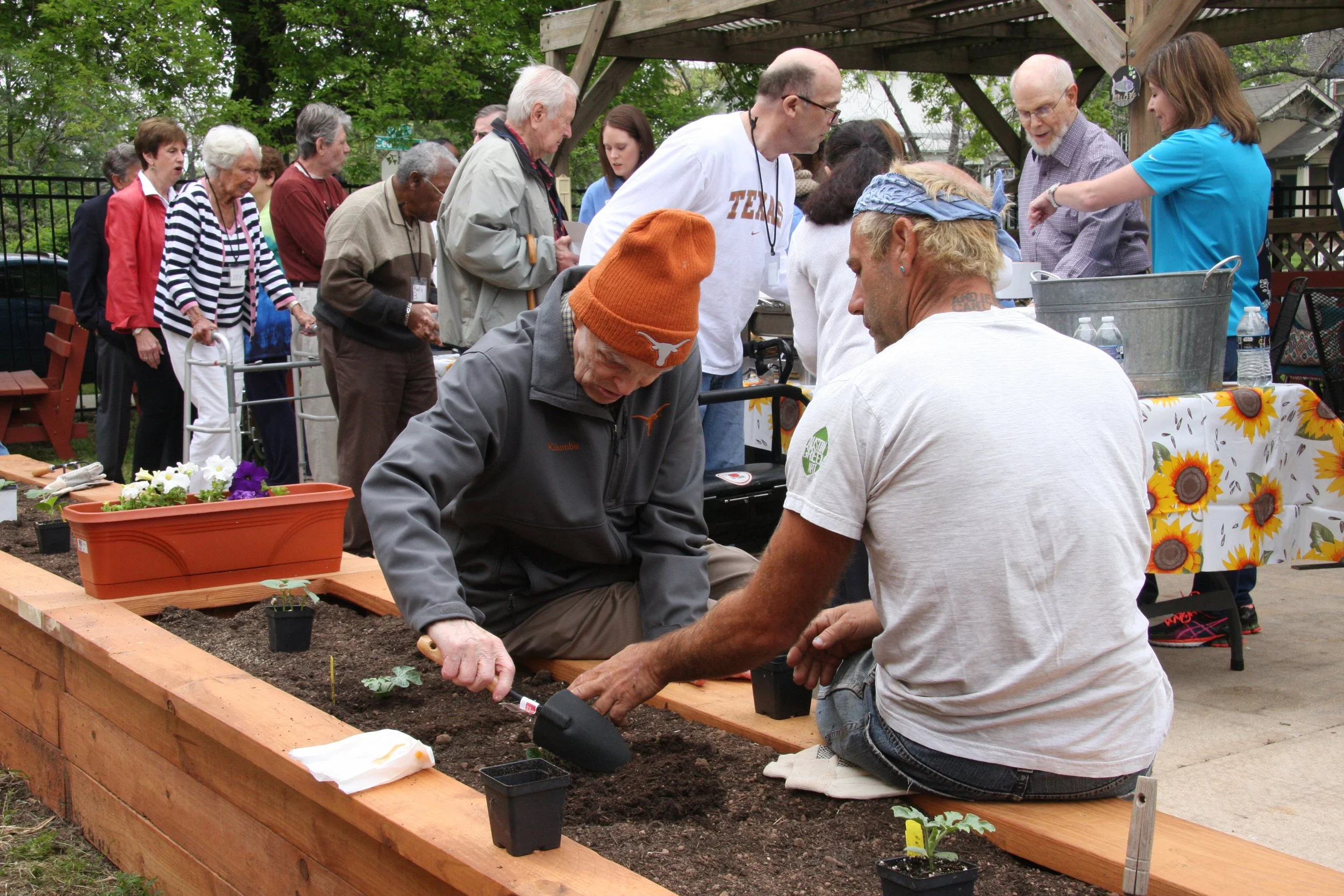Texas Has a Growing Rural Healthcare Crisis. Who's Paying Attention?
/ Alyssa Ochs
sharon harding/shutterstock
The Texas Urban Triangle is bordered by Interstate-35 to the west, Interstate-45 to the east, and Interstate-10 to the south. The state’s largest cities are inside this triangle, and so is about 75 percent of the Texas population. This is also where many of the state's best hospitals and top medical specialists are located.
But it's a different deal outside the Urban Triangle. A healthcare crisis is growing in rural Texas counties, where hospitals are closing, the future of the Affordable Care Act is uncertain, and more Texans are battling chronic conditions each year. The Episcopal Health Foundation (EHF) has been paying close attention this situation, and it's underwriting new research to highlight the healthcare challenge facing rural areas in Texas.
Back in March, EHF released its "Rural Hospital Environment Impact Study," written by the Texas Organization of Rural & Community Hospitals, which pointed out that rural counties have higher uninsured rates and that 16 rural hospitals closed in Texas over the last four years. These are places that traditionally serve older, poorer, and sicker patients who are vulnerable and now have a lot more trouble getting the care they need. In May, EHF released a follow-up report, "What’s Next? Practical Suggestions for Rural Communities Facing a Hospital Closure," written by Texas A&M Rural and Community Health Institute (RCHI). This report's possible solutions included expanding telemedicine and converting old hospitals into freestanding ERs.
EHF has put all that research to use in its evolving grantmaking strategy. In its most recent grant round, it gave $5.1 million to 35 grant partners, bringing its total 2017 giving to over $11.2 million. A shared feature of many of these new grants is that they are largely funding community-based primary care clinics. But remote telehealth projects have been a huge priority in rural areas, lately, too. One good example is the $150,000 granted to the Stephen F. Austin Community Health Network in Brazoria County. The money is funding expanding telehealth technology to reach rural patients with both physical and mental issues.
EHF’s president and CEO, Elena Marks, said:
If we don’t address the root causes of poor health, clinic visits alone won’t be able to make a difference. Overall community health will continue to decline and vulnerable, low-income families will continue to suffer more than anyone else. Our grant investments fund organizations and programs that work "upstream" to focus on new and different ways to provide preventive health services, not just "after-the-fact" medical care.
A full list of EHF grant partners by year can be viewed here. The next EHF grant cycle coming up is for mental health, another cause that this funder has been championing locally for quite a while, now.
Related:






































